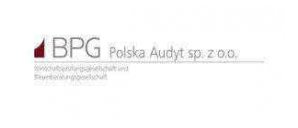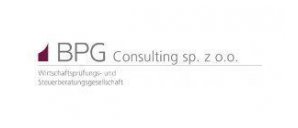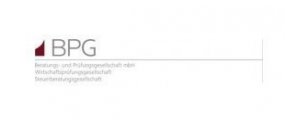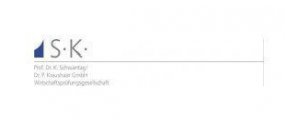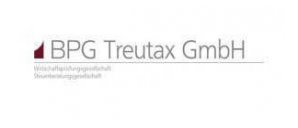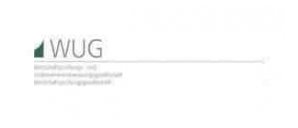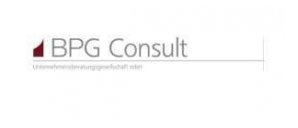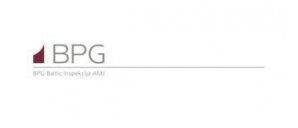
The new sanctions against VAT fraud
The tax authorities have a new tool in the fight against VAT fraud and persons engaged in illegal activities relating to this tax.
Against VAT fraud
The changes adopted in 2016 with respect to tax on goods and services introduce more stringent punishments for cases of VAT abuse and fraud. The effect of these changes are the introduction, from the beginning of 2017, of additional tax liabilities which will be able to be imposed on dishonest or unscrupulous taxpayers. The new sanctions will be imposed in the following cases:
- unauthorized deduction of VAT;
- understating of VAT sales;
- failure to submit VAT returns and failure to pay the due tax.
The amount of such additional financial sanctions will vary depending on whether the taxpayer made a correction. In the case of incorrectly reported amounts, ie. inflated deductions or understated payments, the tax authorities will be able to impose an additional 30% tax on all incorrectly shown totals. A taxpayer who decides to correct errors can have their penalty reduced to 20%.
The fight against fake invoices
Much more severe penalties await taxpayers who use fake invoices. In the case of this type of abuse the tax authorities may impose an additional charge of 100% of the amount of extorted tax. Deduction of VAT based on invoices issued by a non-existent company, or documenting non-existing transactions, will be subject to the most severe penalties.
The new VAT penalty rates, which will come into force from the beginning of 2017, were introduced in order to seal the tax system and reduce fraud, that costs the state budget tens of billions of zlotys per year. Time will tell if these tools actually fulfill their task and contribute to the effective fight against fraudsters or if they become another ineffective or inappropriately applied deterrent for entrepreneurs who simply fail to properly understand the regulations without any bad will.
return



